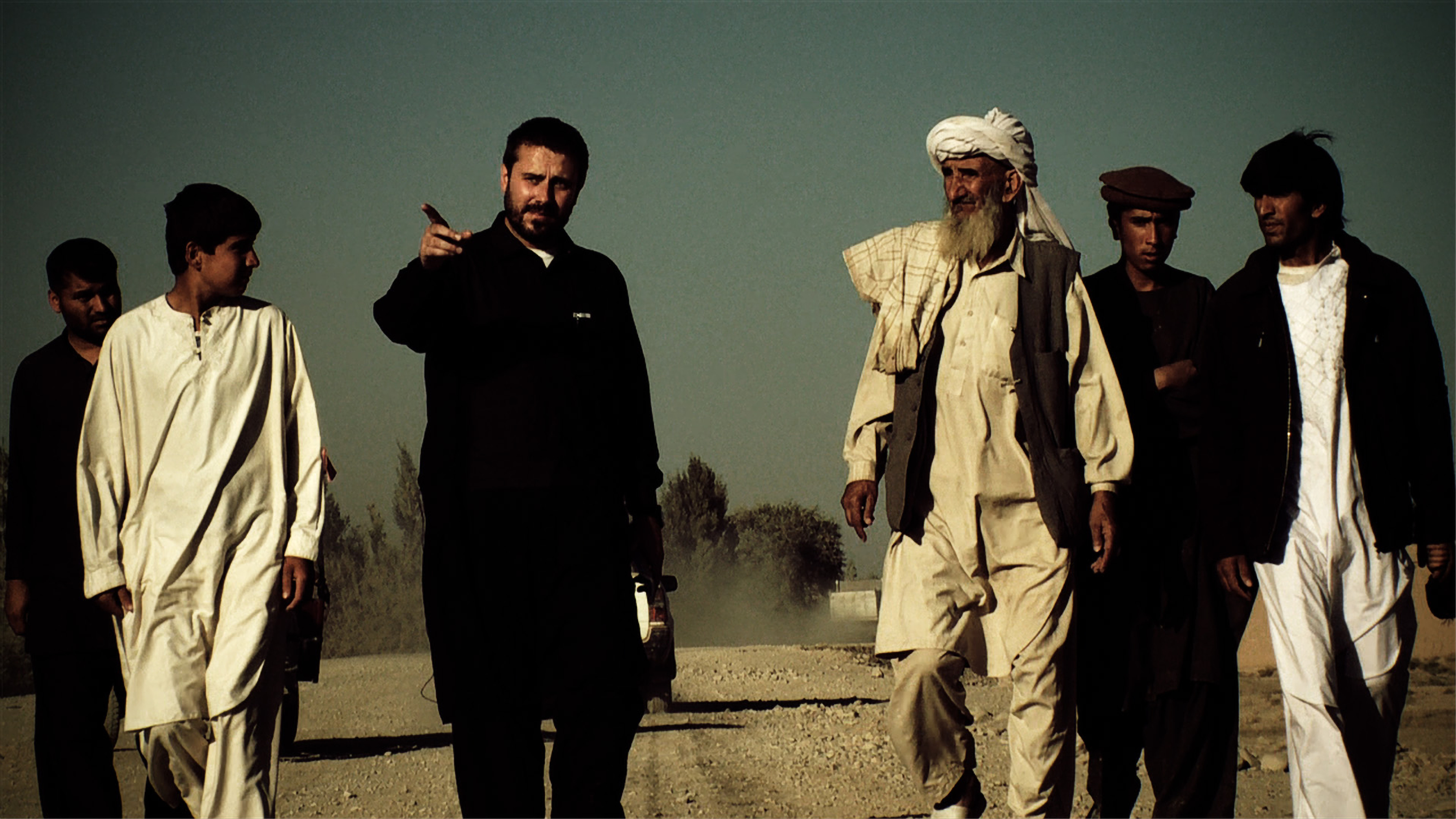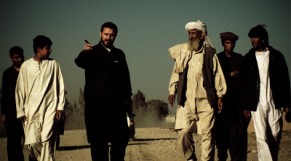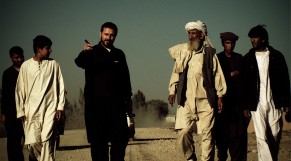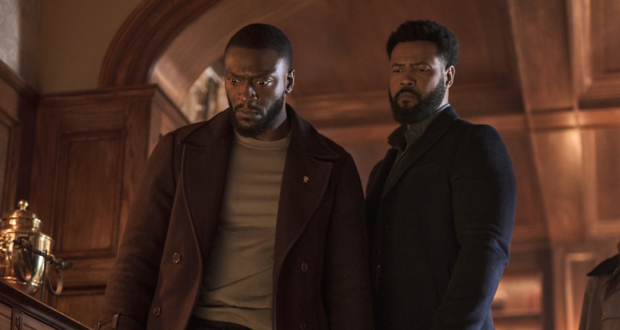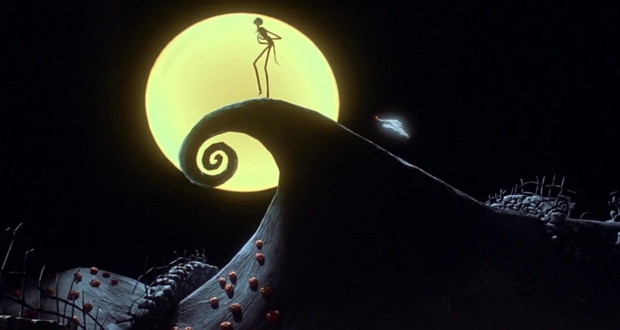With the press attention a documentary like Dirty Wars has received, one would’ve assumed it featured some shocking revelations. It does…and the art house audiences missed out judging from its $300,000 gross when it was released earlier this summer. People wanted to escape and didn’t want to hear any sort of government scandal especially during the news weeks involving NSA spying and IRS red flagging. At first, Dirty Wars has a been there, done that information, but it digs deeper. Yes, I have heard most of this stuff, but the first hand account amps up the drama and tugs the emotions.
[springboard type=”video” id=”767745″ player=”tmbg001″ width=”599″ height=”336″ ]
Dirty Wars does hit an uncomfortable nerve in our muddled era of mysterious, unknown drone foreign policy. Journalist Jeremy Scahill uncovers another scandal (his first was the infamous yet I would consider underreported Blackwater scandal) involving Middle East countries, American troops and the chain of command orders to kill. This time he was inspired to further investigate a 2010 British report where U.S. troops had targeted a family in Gardez, located in Afghanistan’s Paktia Province. This focuses on the elite Joint Special Operations Command (JSOC) and the assassination of Anwar al-Awlaki, an American citizen killed by a drone attack. As the trail takes reporter Scahill to Afghanistan to Yemen to Somalia, he uncovers more shocking stories.
You don’t want to know where he goes and uncovers. Seek Dirty Wars out to become more of an informed citizen. Too important not to be missed, this is one of those docs that would outrage both liberals and conservatives (I can imagine mainstream cable news ignoring it while Democracy Now and InfoWars provide most of this scandalous coverage). If you are concerned about our foreign policy, our humanitarian image, or our government intruding our civil liberties, you owe it to yourself to see this documentary. Likelihood of an Oscar nomination would probably be low because other documentaries will grab the attention of Academy viewers, but this could easily be short listed.
More important than Oscar: after you watch Dirty Wars, please let us know what you think of it. Is this an issue we should confront or are we just better off not knowing?
